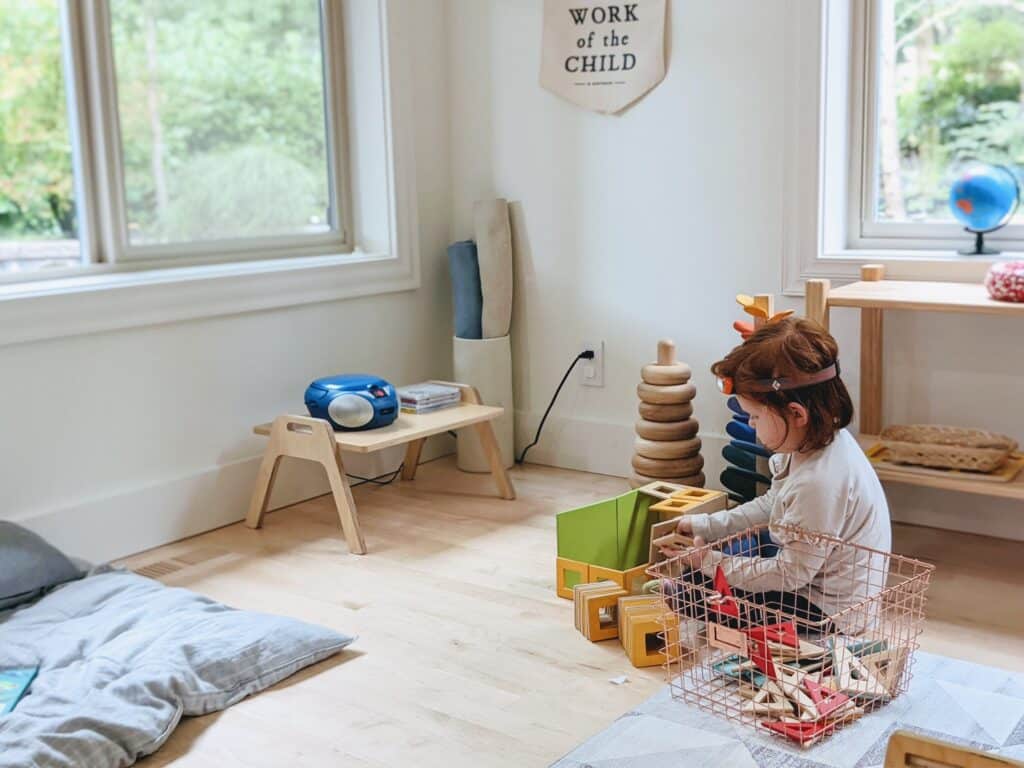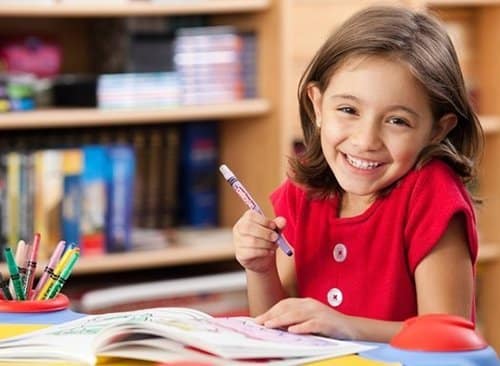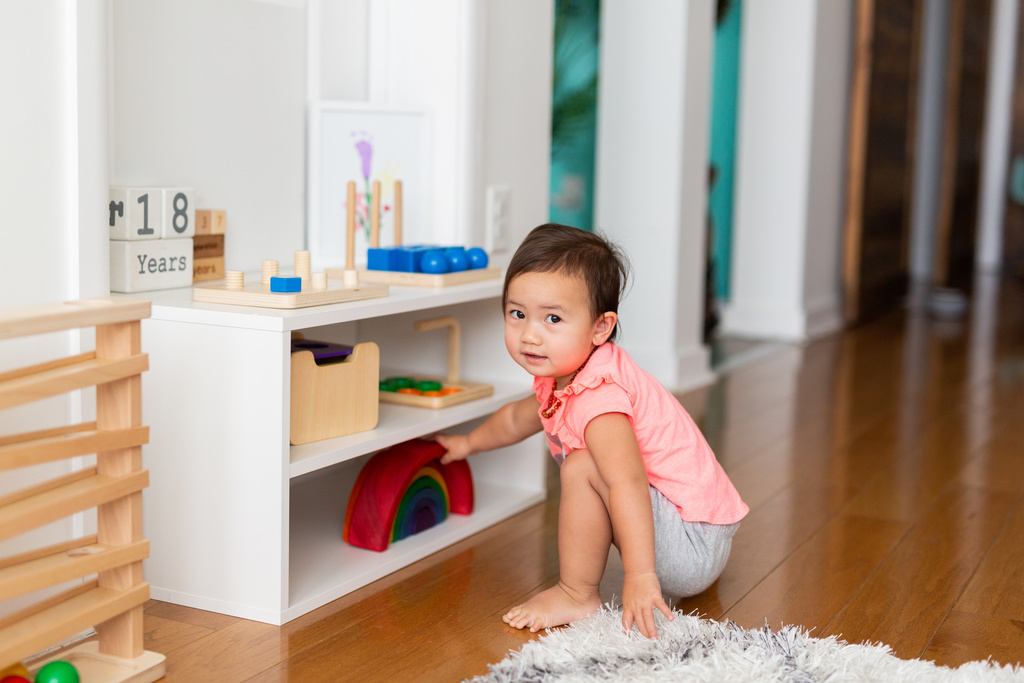An award-winning approach to outdoor learning

Young children need sensory stimulation and room to move, so instead of keeping kids indoors, many early learning services recognise the importance of outdoor play and offer a variety of open-air experiences.
How a group mentality influences preschoolers’ behaviour
Grown-ups are role models, rule-makers, mentors and disciplinarians all rolled into one, and it’s our job to support littlies as they learn to regulate their emotions and behaviour and grow their pro-social skills and independence.
Why is play so beneficial for young children?

Parents and children experience, ‘Mutual joy and shared attunement’ when playing together, and that this can lower stress levels and provide valuable opportunities to communicate, engage and bond.
7 life skills that will help your child succeed

Here we look at the ways you can develop your child’s life skills through day-to-day activities. First, though, let’s see what life skills are essential for kids to learn.
Five simple reasons why reading is so important

Reading increases a child’s ability to communicate. The additional exposure children have to words that outreach their current vocabulary, the more likely they are to extend their understanding of words but communicate more succinctly.
Visual communication for early learners

Albert Einstein once said, “If I can’t picture it, I can’t understand it.” Like the mind of that remarkable man, children’s brains process information in ways that we don’t always understand.
How music-making benefits children

The researchers found that parent-child music activities have great benefits for youngsters – especially when the activities happen at home. And, more surprisingly, this study suggests that the benefits of these shared musical moments may actually outweigh the benefits of book-sharing in a child’s early years.
‘Discipline Dos and Don’ts’

Our little ones are not born with an innate knowledge of how best to behave and so it’s our role to discipline them – that is, to teach them about socially appropriate behaviour.
How fewer toys leads to higher quality play

Toys are a fun way to develop youngsters’ motor skills, enliven their imagination, encourage social skills, practice problem-solving and foster independence, but it is possible to have too much of a good thing.




